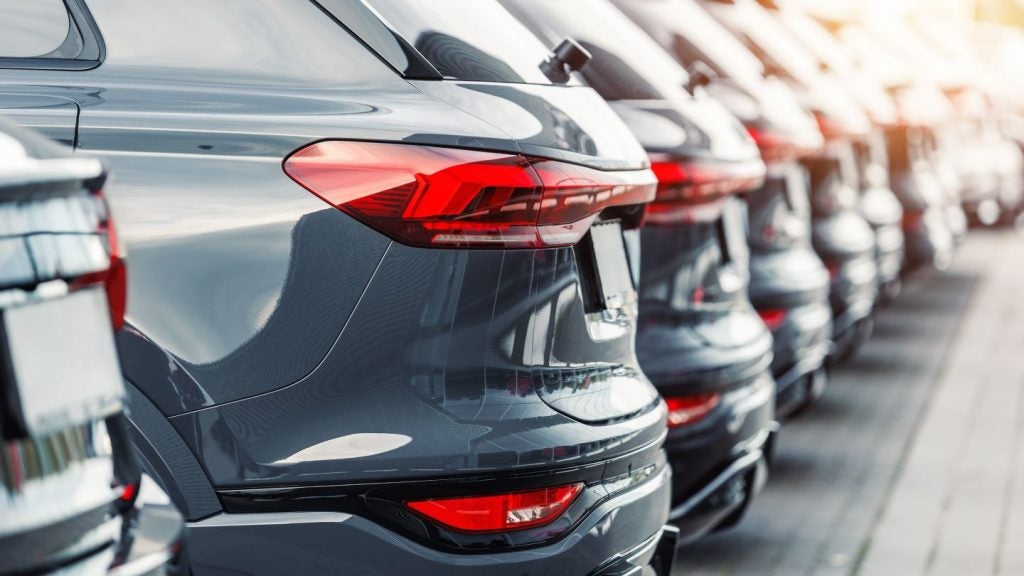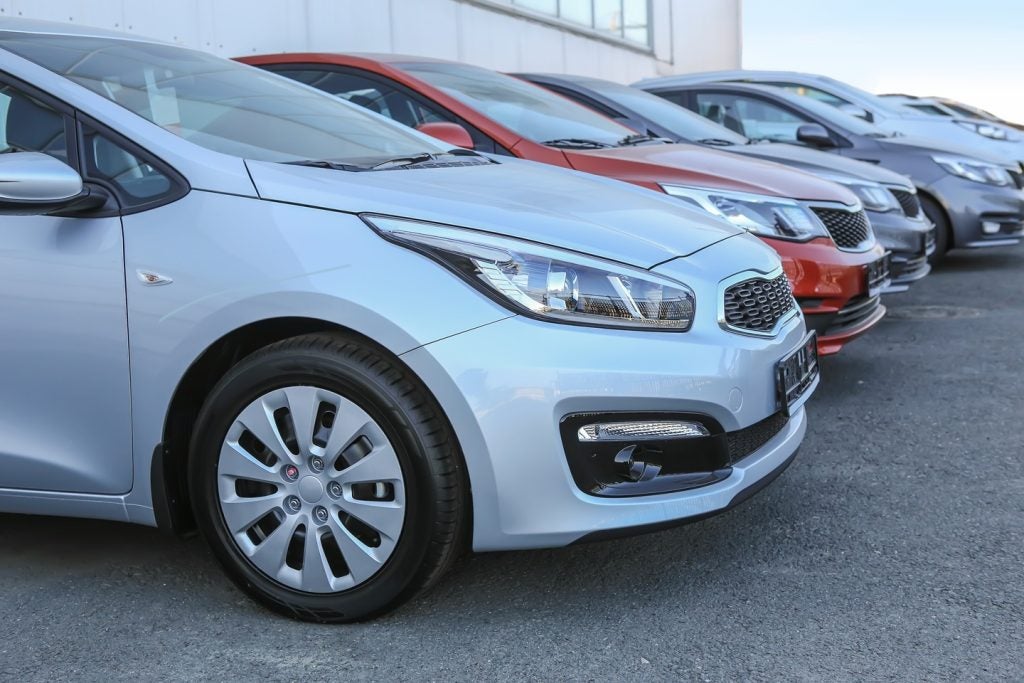New car registrations in
January fell by 11.5%, down by 16,668 units to 128,811, a decline
in line with The Society of Motor Manufacturers and Traders’ (SMMT)
forecasts, and, in large part, reflecting the ending of the
Scrappage Incentive Scheme (SIS).
Other contributing factors
are thought to be the rise in VAT to 20%, uncertainty over the
economy and, possibly, December’s bad weather.
In January 2010, SIS
contributed to 18% of the market. With those registrations stripped
out, the 2011 volume was up 8% on last year.
The loss of the SIS is
expected to affect the market badly during the first half of 2011,
with overall volumes forecast to decline by 5% in 2011 to 1.93m
cars. All sales types recorded falling volumes in January, with the
private market declining the steepest.
Demand for the mini and
supermini segment, boosted by the SIS a year ago, fell sharply in
January. Demand for executive, luxury, MPV and dual purpose segment
cars recovered strongly.
Demand for diesel cars rose
and their market share was once again more than 50% for the month.
Alternative-fuelled cars matched their record share of 1.4% of the
market.
How well do you really know your competitors?
Access the most comprehensive Company Profiles on the market, powered by GlobalData. Save hours of research. Gain competitive edge.

Thank you!
Your download email will arrive shortly
Not ready to buy yet? Download a free sample
We are confident about the unique quality of our Company Profiles. However, we want you to make the most beneficial decision for your business, so we offer a free sample that you can download by submitting the below form
By GlobalDataUK-built cars took a 12.9%
share of the January market, unchanged from January 2010. The Ford
Focus was January’s best selling new car and also the top-selling
diesel model.
The market share for cars
with CO2 emissions under 100g/km continued to increase,
rising by more than 65% in January. The average new car
CO2 emissions were 141.5g/km in January, compared to an
average of 144.2g/km in 2010.
“This marks the beginning of
a challenging year for the UK motor industry,” said SMMT chief
executive Paul Everitt.
“Consumer confidence is low
and it is important government uses the March budget to help
relieve some of the financial pressure on motorists.
“Despite the challenging conditions, the demand for low
CO2 emitting and highly fuel-efficient cars continues to
grow.”








